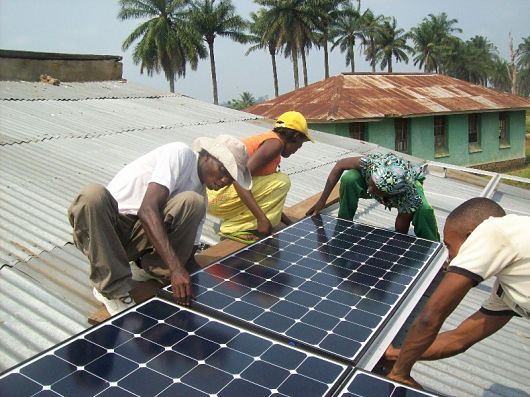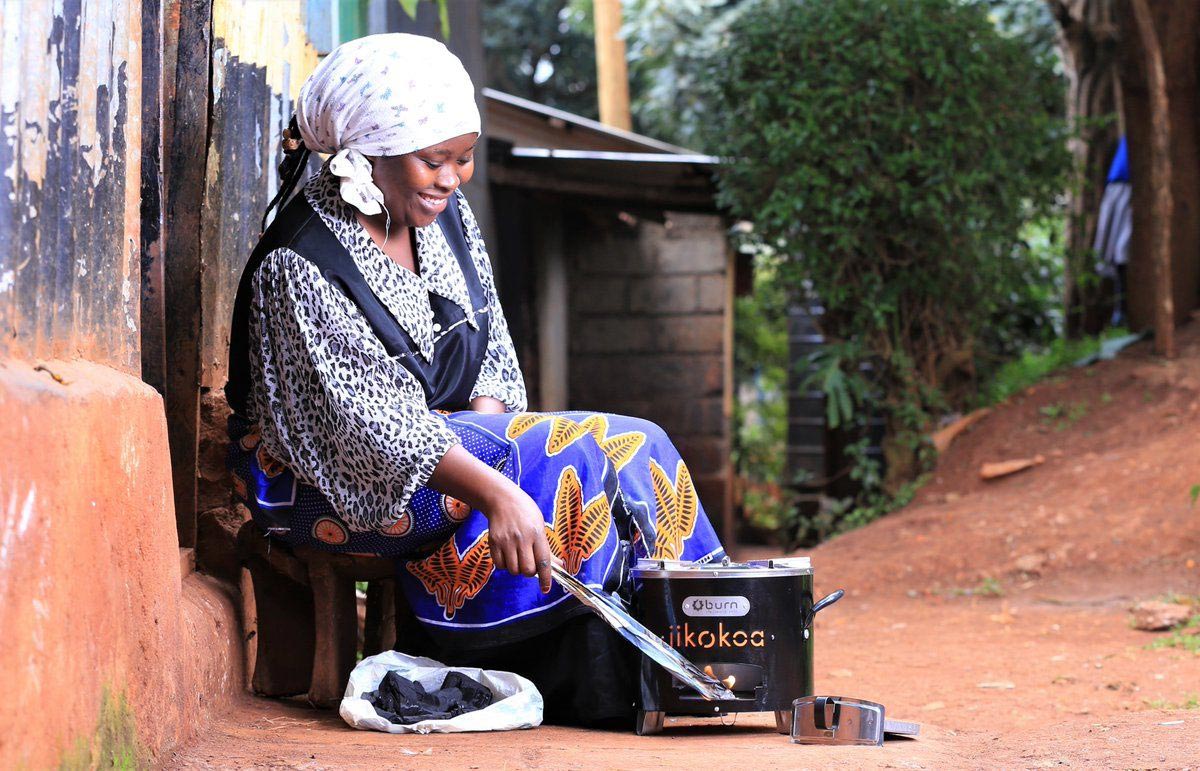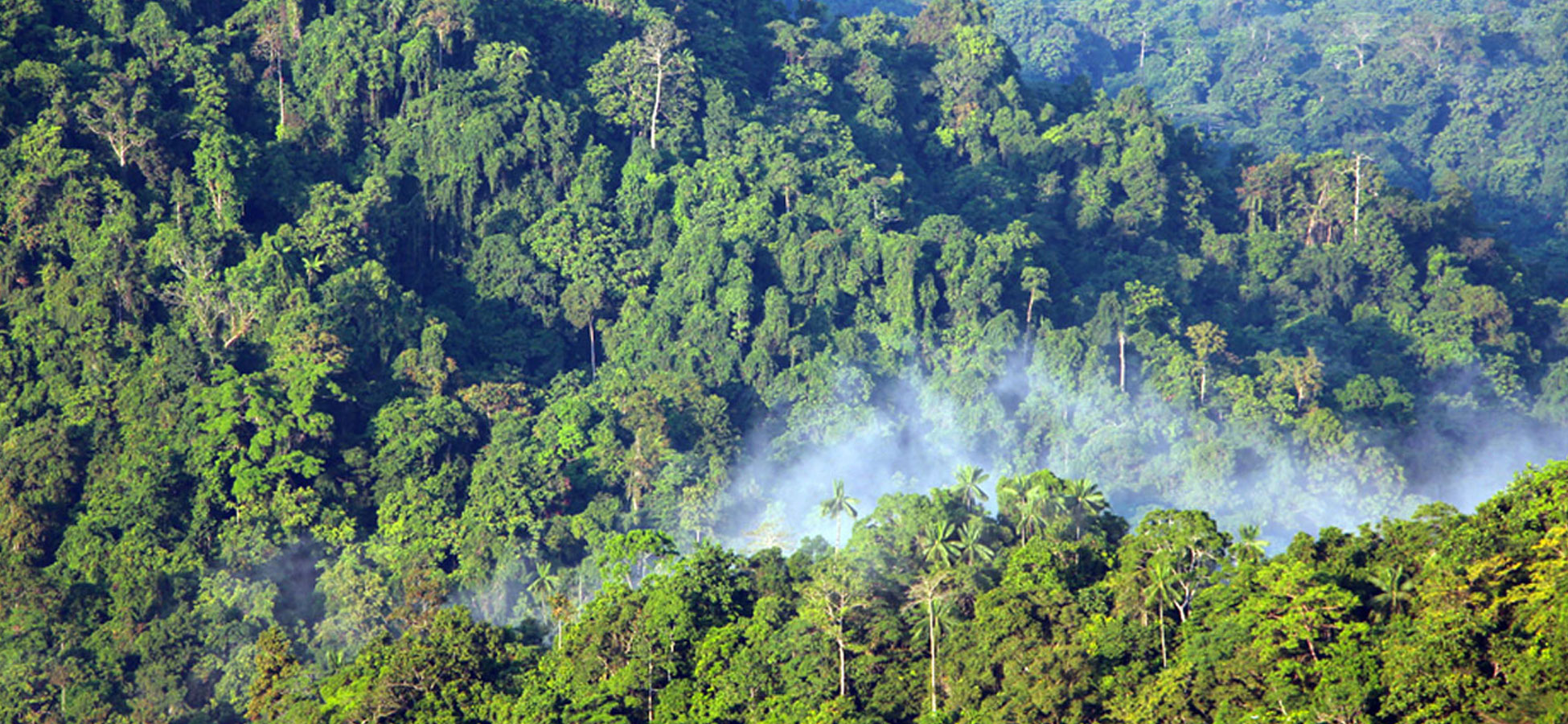The past year has highlighted major credibility issues in carbon markets. Several investigative publications1 have raised concerns that the true emissions reduction potential has been overstated in many carbon credit projects based on avoiding deforestation (REDD+). Large African carbon credit projects, such as the Kariba project in Zimbabwe, have made headlines as a result. This issue is crucial, as REDD+ is the world’s largest single category of projects, comprising 28% of all credits issued since 2016. Similar concerns have been raised for projects that implement cleaner cookstoves2, which, together with deforestation avoidance projects, comprise roughly 90% of Africa’s recent credit supply.3 When looking at buyers of carbon credits, there is intense scepticism that credits are used for greenwashing, an excuse to keep polluting.4 As these issues have increasingly been brought to light over the past year, carbon markets have lost some credibility as a tool for addressing climate change or generating wider societal benefits. A lack of transparency about these issues and concerns about the equity of carbon credit projects have compounded these concerns. Some people are asking whether carbon credits, particularly large land-use projects, are causing Africans to lose their land to facilitate continued pollution by rich countries – driving concerns about a form of recolonisation in Africa.5 This is particularly important when such projects are used to help foreign countries meet their climate targets through Article 6 of the Paris Agreement. These concerns matter. They have been the main driver of the past year’s 22% reduction in global demand for carbon credits, leading to over-the-counter carbon credit prices dropping 30-50% from their peak to return to 2021 levels.6
A lot is at stake, and failing to address these issues could prevent the market from unlocking substantial benefits for African people, economies, and livelihoods. Despite recent concerns, high-integrity, transparent, and equitable African carbon credits have continued to deliver benefits for broad sections of society (Exhibit 1). They support African income and jobs, food security, people’s health, climate resilience, and biodiversity, thus directly contributing to at least 10 of the United Nations’ 17 Sustainable Development Goals. With carbon credits valued at roughly $2 billion globally and potentially growing 5-50x by 2030, high-integrity carbon markets could provide significant benefits to African people and be a critical source of climate finance for the continent. But if these credibility issues prevail, this immense opportunity could be missed entirely.
Exhibit 1: Carbon markets deliver particularly valuable benefits for Africa across the Sustainable Development Goals
Carbon projects can create many more jobs than unsustainable investments: Ecosystem restorations creates 3.7x as many jobs as oil and gas production and investments in solar energy create ~1.5x more jobs than investments in fossil fuels.i.
Carbon projects' sustainable income streams are particularly valuable for rural communities living below the poverty line, which make up 33% of Africa's population.ii.
Renewable projects can improve electricity access, greatly boosting wellbeing and local economies for the 43% of Africans without access to electricity.iii.
Well designed carbon credit projects can produce major benefits for Africa's large population of indigenous peoples, numbering over 50 millioniv., and local communities.
A decentralised solar energy project in a major African Country is employing 300 local youth to install solar panels, which will generate further economic returns by boosting energy security for over 3,000 households and small businesses.ix.

Carbon credits can improve food security by incentivising farmers to adopt sustainable agriculture practices that can improve soil health and increase yields by up to 20%.v.
This can greatly help the 30% of Africans who are malnourishediv. while increasing incomes for more than half the continent's workforce.iv.
An agricultural project involving 60,000 farmers in Kenya was able to boost yields by up to 15-20%, benefiting incomes and food security.x.
Household air pollution currently causes ~700,000 deaths annually in Africavi. -this reduced by the large number (70%) of African carbon credit projects that use cookstoves or renewable energy, saving lives particularly among women and children.
Nature-based solutions can protect crucial ecosystems that improve air quality and provide sources of food, water and medicine.vii.
A typical cookstove project in Ethiopia was found to reduce household air pollution by 46% - if this was completed across Africa, it could save up to 300,000 lives annually.xi.

Nature-based carbon credit projects can greatly improve climate resilience among the 1 billion Africans who are estimated to suffer from water stress, food insecurity and natural disasters by 2050.viii.
A Kenyan mangrove protection project helps protect locals from climate change by providing a barrier against severe storms and flooding while preserving a crucial ecosystem.xii.
A Nigerian project avoids deforestation in one of the world's 36 biodiversity hotspots while benefiting over 300 households.xv.

ACMI fully recognises these issues but has confidence in the ongoing, proactive efforts to solve them. On the supply side, the Integrity Council for Voluntary Carbon Markets (ICVCM) recently launched its Core Carbon Principles (CCPs), setting out fundamental principles for high-integrity carbon credits to help raise the integrity bar considerably. Additionally, standards bodies have published an updated integrity-boosting cookstove methodology and are due to release an updated REDD+ methodology – that uses artificial intelligence and satellite data to provide more credible data. On the demand side, new evidence shows that most businesses do not use credits for greenwashing but rather to decarbonise faster and help others do the same. A recent Sylvera report shows that on average, companies that buy carbon credits reduce their emissions two times faster per year than companies that don’t.8 And the average business that buys carbon credits invests 3x more in emissions reduction efforts within their value chain, helping other companies to decarbonise.9 In addition, markets have taken steps to prevent any remaining greenwashing by setting guidelines for using carbon credits and making credible claims. This has taken the form of the EU’s draft Green Claim Directive, the Voluntary Carbon Markets Integrity Initiative (VCMI) Claims Code, and the Science Based Targets Initiative’s (SBTi) upcoming Beyond Value Chain Mitigation publication. Further, several initiatives enhance the transparency of carbon markets across the market. New methodologies from the world’s largest standards providers undergo extensive public consultation.10 In addition, markets have taken steps to prevent any remaining greenwashing by setting guidelines for using carbon credits and making credible claims. This has taken the form of the EU’s draft Green Claim Directive, the ISO’s Carbon Neutral Standard, the Voluntary Carbon Markets Integrity Initiative (VCMI) Claims Code of Practice, and the Science Based Targets Initiative’s (SBTi) upcoming Beyond Value Chain Mitigation publication. Further, several initiatives continue to enhance the transparency of carbon markets. New methodologies from the world’s largest standards providers undergo extensive public consultation.11 Additionally, most project methodologies require free, prior, and informed consent from local communities before carbon credit projects can start, as well as regular independent audits that engage community members. These mechanisms will increasingly help integrity concerns come to light, and the publication of ICVCM’s CCPs ensures this is done across the board. ACMI is confident in this progress, and it is not alone. African leaders are increasingly backing carbon markets as an engine for green growth – made for Africa, by Africans. Ministers from Ghana, Malawi, Mozambique, and the Democratic Republic of Congo underlined this support at the Africa Climate Summit. Support is also reflected in the push by leaders to develop sophisticated carbon market regulations in countries that include Kenya, Ghana, Mozambique, Senegal, and Zambia.
Over the past year, ACMI has also worked to help solve these issues by collaborating with carbon market actors to secure five major achievements. ACMI’s achievements span the carbon market value chain – in the past 12 months we have:
These achievements were made possible by engaging with 400+ carbon market players, many of whom are firmly behind high-integrity, high-equity, and at-scale African carbon markets.
ACMI’s strategy for the coming years will further tackle the challenges needed to scale high-integrity African carbon markets and unlock benefits for the continent. Based on substantial market feedback, our strategy is highly focused on how we can best help drive higher integrity and unlock benefits for Africa. We will foster collaboration for increased integrity, equity, and transparency while championing African interests by advancing a positive narrative on carbon markets. We will also support governments, project developers, and communities through a combination of direct support and tools for effective regulation and high-integrity supply. ACMI will act as a central point of reference on the state of African carbon markets and assemble market participants to build joint momentum around the path forward. We will complement these efforts by advocating for all forms of carbon credit demand (compliance, voluntary carbon markets, and international trading under Article 6), moving toward securing commitments and closing transactions.
But to fully scale high-integrity African carbon markets and unlock their many benefits, all actors must come together with raised ambitions. ACMI’s 2022 Roadmap Report highlighted that Africa has the potential to scale its carbon credit market 19-fold by 2030, supporting up to $6 billion of revenue and 30 million jobs. Exhibit 1 shows that a high-integrity market of this size could be a major channel for green growth financing across the continent. However, realising this potential relies on all actors in African carbon markets playing a more prominent role. Governments must establish a clear and stable regulatory landscape conducive to scaling carbon markets. Suppliers must substantially scale the production of high-integrity credits that equitably share revenue with local communities. Buyers will need to set and act on credible net zero commitments. That means using credits alongside more ambitious efforts to decarbonise their operations while supporting a high-integrity supply pipeline by committing to long-term offtake. Each actor in the market has a role to play. Join ACMI and commit to playing yours.
Signed, the ACMI Steering Committee Members.